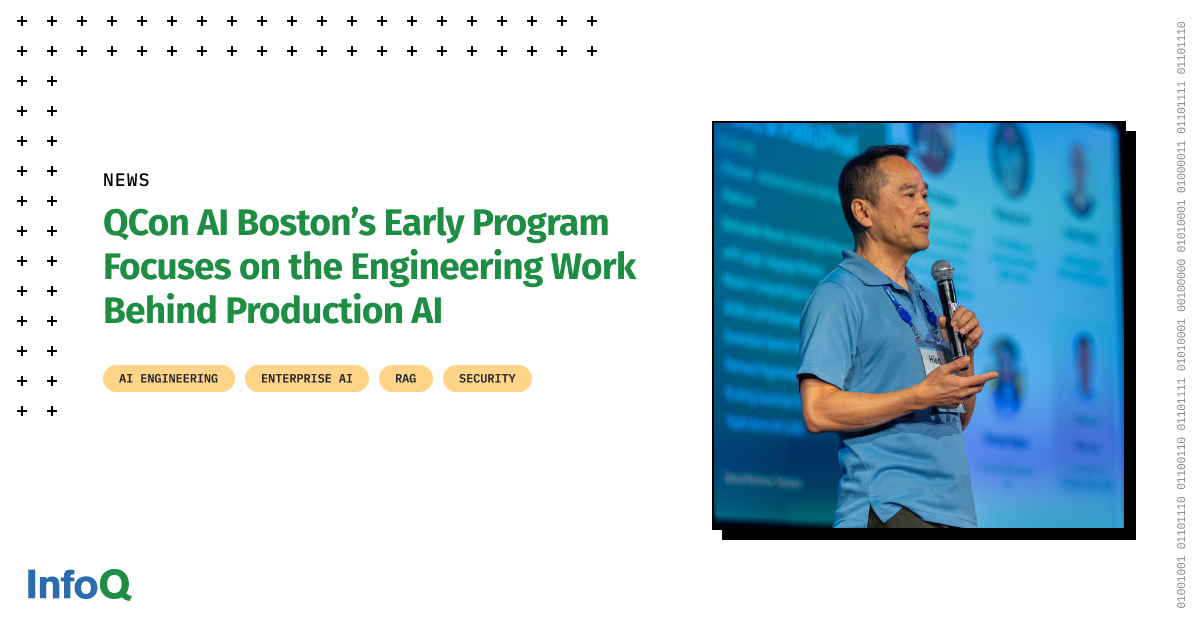Codetown
Codetown ::: a software developer's community
We're Sorry
This group does not exist.
Featured Groups
Kotlin Town
6 members
Computational Linguistics Village
15 members
Jobs
75 members
Contest Town
9 members
Community Corral
23 members
All Groups (41)
Sort by:
iPhone Development
40 members Latest Activity: Jan 29, 2015 iPhone development is going nuts! All the apps, all the possibilities. Objective-C is the language. The SDK is out. Shops are springing up everywhere…
Android Town
35 members Latest Activity: Jul 20, 2019 Android is an open Java-based platform to use for developing mobile apps. Do you believe mobile computing is the wave of the future? We do!
Cloud Computing Village
16 members Latest Activity: Aug 21, 2015 Cloud Computing is "the next big thing". The recent JavaOne featured Cloud Computing more than any other technology. Come join us and explore /…
Coding Dojo
6 members Latest Activity: Jun 26, 2019 A Coding Dojo is a meeting where a bunch of coders get together to work on a programming challenge. They are there to have fun and to engage in…
Idea Town
4 members Latest Activity: Apr 3, 2011 Have a great idea? If you have a great idea, tell the world!
Contest Town
9 members Latest Activity: Apr 13, 2010 Everyone likes a challenge. How about a contest? If you like to flex your muscle, why not join us here at Contest Town. You'll find some challenging…
.Net Town
18 members Latest Activity: Apr 13, 2020 What's up with .Net in your neck of the woods? We'll discuss all the basics here. Eventually, we'l break out separate groups for C#, etc...
Wikipedia Place
9 members Latest Activity: Oct 27, 2011 We've had a unique opportunity to speak with Brion Vibber recently at the October Orlandojug meeting. Let's discuss what we learned for those who…
Freelance Village
11 members Latest Activity: Jul 6, 2018 Freelancing? Whether you're new or an old timer, this is the place for you! Share your tips and explore the possibilities here.
SOA Governance
7 members Latest Activity: Mar 28, 2013 Discussion area for both design-time and run-time governance of SOA applications.
Community Developers
4 members Latest Activity: Jul 30, 2012 Are you interested in community development and social networking? Have you got a website you'd like to enhance with social features? Join us here at…
Sensor Village
5 members Latest Activity: Sep 6, 2011 Sensors open up worlds of possibilities. SunSPOT is Java compatible sensor technology. Small Programmable Object Technology = SPOT. Working with…
Flex Loft
13 members Latest Activity: Aug 2, 2010 The Flex Loft is a place Flex coders can come to share ideas, ask questions and share tips about Flex, a powerful user interface programming…
Ruby Town
14 members Latest Activity: Dec 5, 2012 Ruby has made an impact on patterns of software development with its elegant syntax and Rails, an intelligent framework designed to simplify coding.
Python
15 members Latest Activity: Jul 14, 2018 Python. Life's better without braces.
SunJUG Town
27 members Latest Activity: Sep 26, 2012 SunJUG Town is the place for Sarasota Java User Group people to get together. Come on in, sit a spell. Take your shoes off. We're all about Java…
OS Town
5 members Latest Activity: Mar 31, 2009 Operating systems are like religions. At this stage, people have spent entire careers with one or another. But, now we have multiple choices and…
Other Languages on the JVM Village
9 members Latest Activity: Feb 28, 2015 Love Jython? Can't get enough JRuby? Groovy? Dynamic languages on the JVM can set you free! Scala? Sure! Let us know what you think here in the Other…
Methodologies SIG
4 members Latest Activity: Mar 31, 2009 There's Agile. RUP. Methodologies help us keep from repeating the mistakes. They are templates for streamlining and managing our work. And, they…
Build Team Town
4 members Latest Activity: Oct 6, 2009 You love Ant and other build tools. You can build an app, run a suite of tests, create a jar, deploy it. Or, you want to learn. This is your group!
Notes
Welcome to Codetown!
 Codetown is a social network. It's got blogs, forums, groups, personal pages and more! You might think of Codetown as a funky camper van with lots of compartments for your stuff and a great multimedia system, too! Best of all, Codetown has room for all of your friends.
Codetown is a social network. It's got blogs, forums, groups, personal pages and more! You might think of Codetown as a funky camper van with lots of compartments for your stuff and a great multimedia system, too! Best of all, Codetown has room for all of your friends.
Created by Michael Levin Dec 18, 2008 at 6:56pm. Last updated by Michael Levin May 4, 2018.
Looking for Jobs or Staff?
Check out the Codetown Jobs group.
InfoQ Reading List
QCon AI Boston’s Early Program Focuses on the Engineering Work Behind Production AI

As teams move AI from pilots to production, the hard problems shift from demos to dependability. The first confirmed talks for QCon AI Boston (June 1–2) focus on context engineering, agent explainability, reasoning beyond basic RAG, evaluation, governance, and platform infrastructure needed to run AI reliably under real-world constraints.
By Artenisa ChatziouGitHub Data Shows AI Tools Creating "Convenience Loops" That Reshape Developer Language Choices

GitHub’s Octoverse 2025 report reveals a "convenience loop" where AI coding assistants drive language choice. TypeScript’s 66% surge to the #1 spot highlights a shift toward static typing, as types provide essential guardrails for LLMs. While Python leads in AI research, the industry is consolidating around stacks that minimize AI friction, creating a barrier for new, niche languages.
By Steef-Jan WiggersCloudflare Debuts Markdown for Agents and Content Signals to Guide AI Crawlers

Cloudflare has introduced “Markdown for Agents,” a feature that lets AI crawlers request Markdown versions of web pages. The company pairs the feature with a proposed “Content Signals” mechanism that lets publishers declare whether their content may be used for AI training, search indexing or inference.
By Matt FosterPresentation: What I Wish I Knew When I Started with Green IT

Ludi Akue discusses how the tech sector’s rising emissions impact our global climate goals. Drawing from her experience as a CTO, she explains seven key lessons for implementing Green IT. She shares insights on LCA assessments, the paradox of microservices, and why FinOps doesn’t always equal green.
By Ludi AkueVue Router 5: File-Based Routing Into Core with No Breaking Changes

Vue Router 5.0 has integrated unplugin-vue-router into its core, enhancing file-based routing and TypeScript support. This transition release boasts no breaking changes, simplifies dependencies, and introduces experimental features like data loaders and improved editor tooling. Ideal for Vue.js developers, it positions itself as a bridge to the upcoming ESM-only version 6.
By Daniel Curtis
© 2026 Created by Michael Levin.
Powered by
![]()